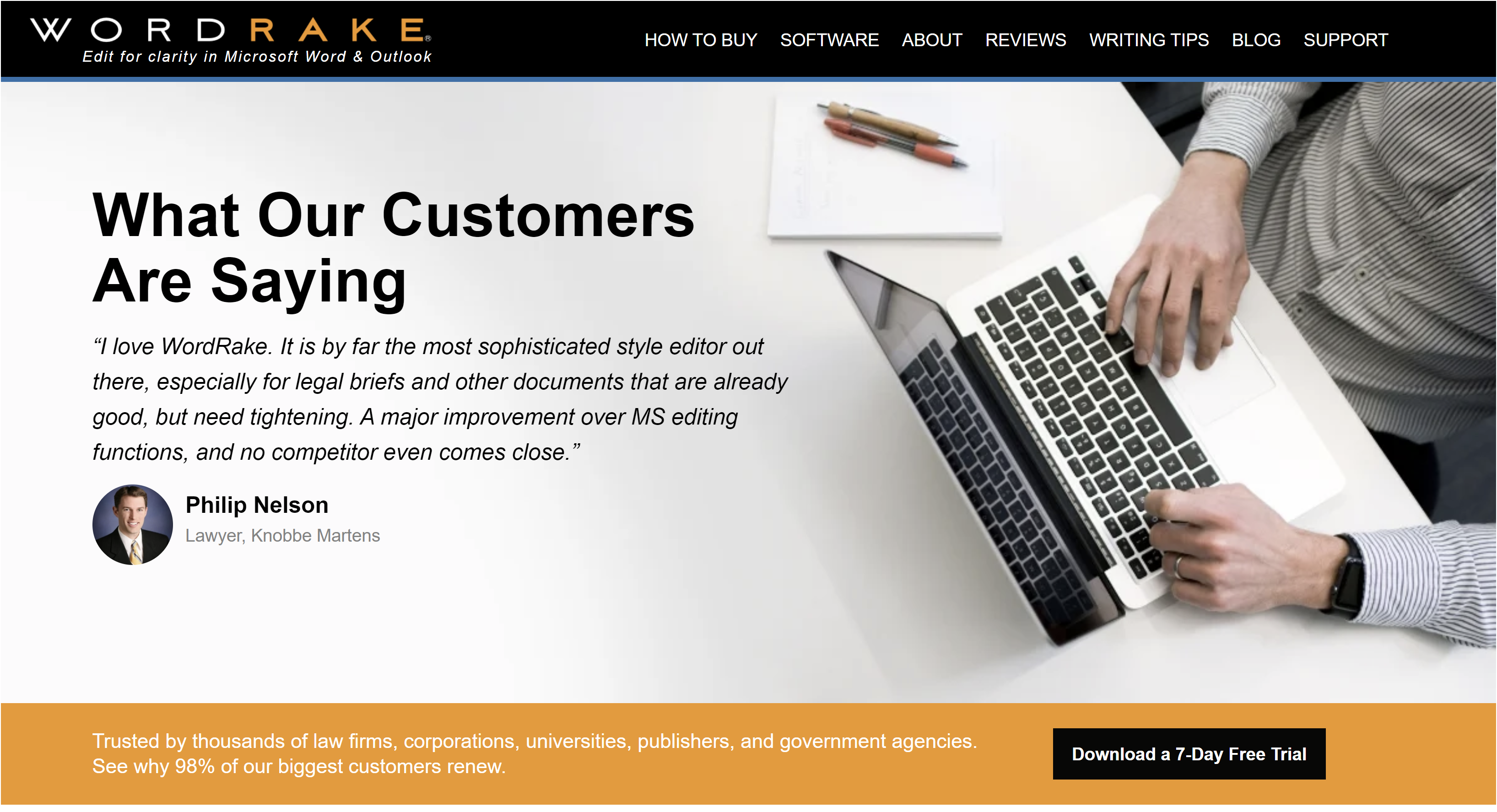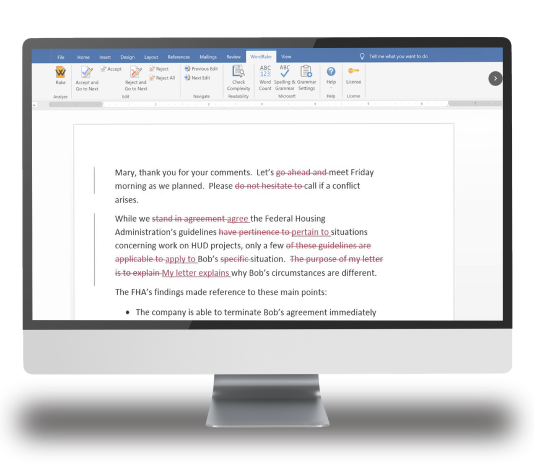


Here are 9 of the best grammar checker tools. Because language rules and elements of a good story can be so flexible, human eyes will always be superior to the rigidity of automatic tools. No one tool can do it all - nor can one of these tools wave away the work and critical thinking necessary for a well-edited blog post, magazine article or book.Ī grammar checker doesn’t replace a human editor. What you want in a grammar checker or editing tool will influence which one(s) you choose. Since editing has a broad definition - basically anything that improves your writing - it’s not surprising that the tools I tried had different functions, from checking grammar and style to eliminating unnecessary words, to identifying areas for improvement. Besides being an author, I’m an editor, so I also weighed each tool against what I’d look for when editing. That means if you purchase through our links, you’re supporting The Write Life - and we thank you for that! Putting the best grammar checker tools to the testĭuring self-edits on my latest manuscript, I experimented with editing tools, both free and paid, to determine which could be most beneficial to The Write Life’s audience. Listen at the link below or wherever you listen to podcasts.1.10.

They walk us through how they conducted the study, what they found, and what they would like to see come of the findings. On the latest LawNext, we are joined by the two principal authors of that study: David Freeman Engstrom, co-director of the Rhode Center, and Lucy Ricca, director, policy and programs, at the Rhode Center, and formerly executive director of the Utah Office of Legal Services Innovation - the office that oversees the so-called regulatory sandbox in that state. It finds that the reforms in those states are spurring substantial innovation, that they are critical to serving lower-income populations, and that they do not pose any substantial risk of consumer harm. Rhode Center on the Legal Profession at Stanford Law School has published a comprehensive study of the data coming out of Arizona and Utah, giving us what may be the first real evidence-based look at this issue. Two states, Arizona and Utah, have implemented regulatory schemes loosening restrictions on law practice, and other states are considering similar revisions to their rules. Among the most divisive issues facing the legal profession today is that of revising the rules that regulate law practice – and more specifically the questions of whether to liberalize the rules to allow those who are not licensed lawyers to own law practices or to engage in the practice of law.


 0 kommentar(er)
0 kommentar(er)
